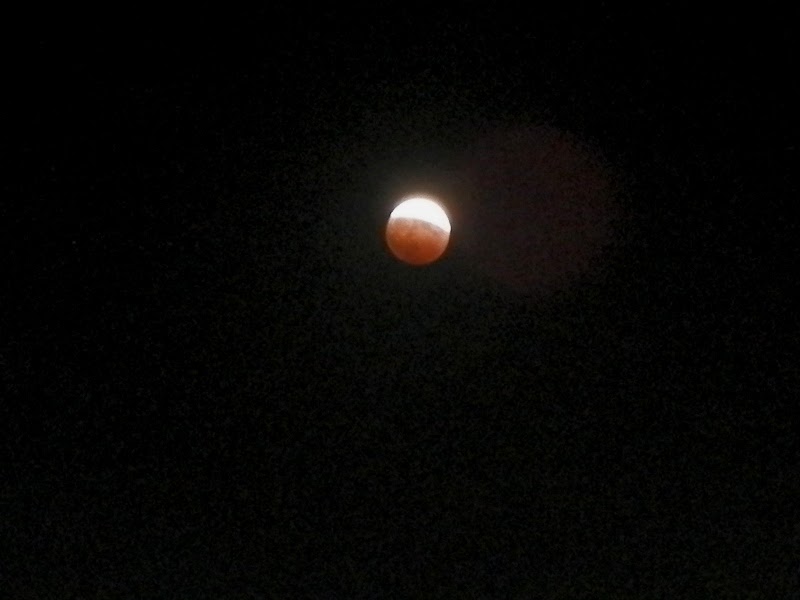Tokyo
A Strange 170 Yen Ticket
It was 170 yen (1.5 dollars).
So I pushed the touch panel on a ticket-issuing machine. On the screen, fares indicators from 140 yen to thousands yen were displayed in a matrix. I only had to touch the 170-yen mark. But what I got was an 830-yen ticket pushed out from a slot of the machine with a change of 170 yen coins. I was so puzzled, since I had really selected a 170-yen ticket.
Accordingly, I decided to make a detour, taking a seat in a train going around Tokyo. It arrived at one of major stations in Tokyo, Shinjuku. Then I stepped out of the train and took a different line walking across the inside of the big train station.
After taking one more transfer at a certain station in the suburb of Tokyo, I was approaching my original destination. I was standing near a door inside a train car when it got into a kind of nameless station. The door opened, and some passengers got off while others were entering the vehicle. Among them there was an old man walking with a cane. He came into the vehicle with his upper body almost half bent to the floor, looking so fragile.
But the vehicle was crowded. On the seats near the door, there sat an exhausted-looking middle-aged woman with her eyes closed, a middle-aged man in a gray suit with a sullen attitude as if he were in shark business, a middle-aged man with little hair half sleeping, etc. I slowly moved further inside along with the old man with the cane managing to hold a vertical bar separating the door space from the seat and making a desperate effort to move around the seat near the door.
Then, suddenly, the middle-aged man in a gray suit with a sullen attitude spoke to the old man, "Sir, please sit here!" But the old man with the cane replied, "It is ok!" in a weak voice、meaning "No, thanks." The man in a gray suit stood up in front of me and invited the old man to the seat, saying "I will soon get off."
The old man took the seat, looking relieved. And the man with a sullen attitude got off the train at the station next to the next one.
I also got off at my destination station. I had to get to the third floor of a certain building by 6 p.m. It was 5:55 p.m. when I exited the station to hurry to the building. I entered the building three minutes before 6 o'clock. I had to go up to the third floor. I got in an elevator and pushed the button numbered three, but it didn't move. I realized the entrance of the building, connected to the station through a raised corridor, was on the third floor but not the second floor. I just made it, no delay.
When I bought a return ticket at the station, I correctly touched the 170-yen mark of a ticket-issuing machine to get it exactly.
So, my day was almost over today, so peacefully and mercifully.
*** *** *** ***
Pro 10:11 The mouth of a righteous man is a well of life: but violence covereth the mouth of the wicked.





















